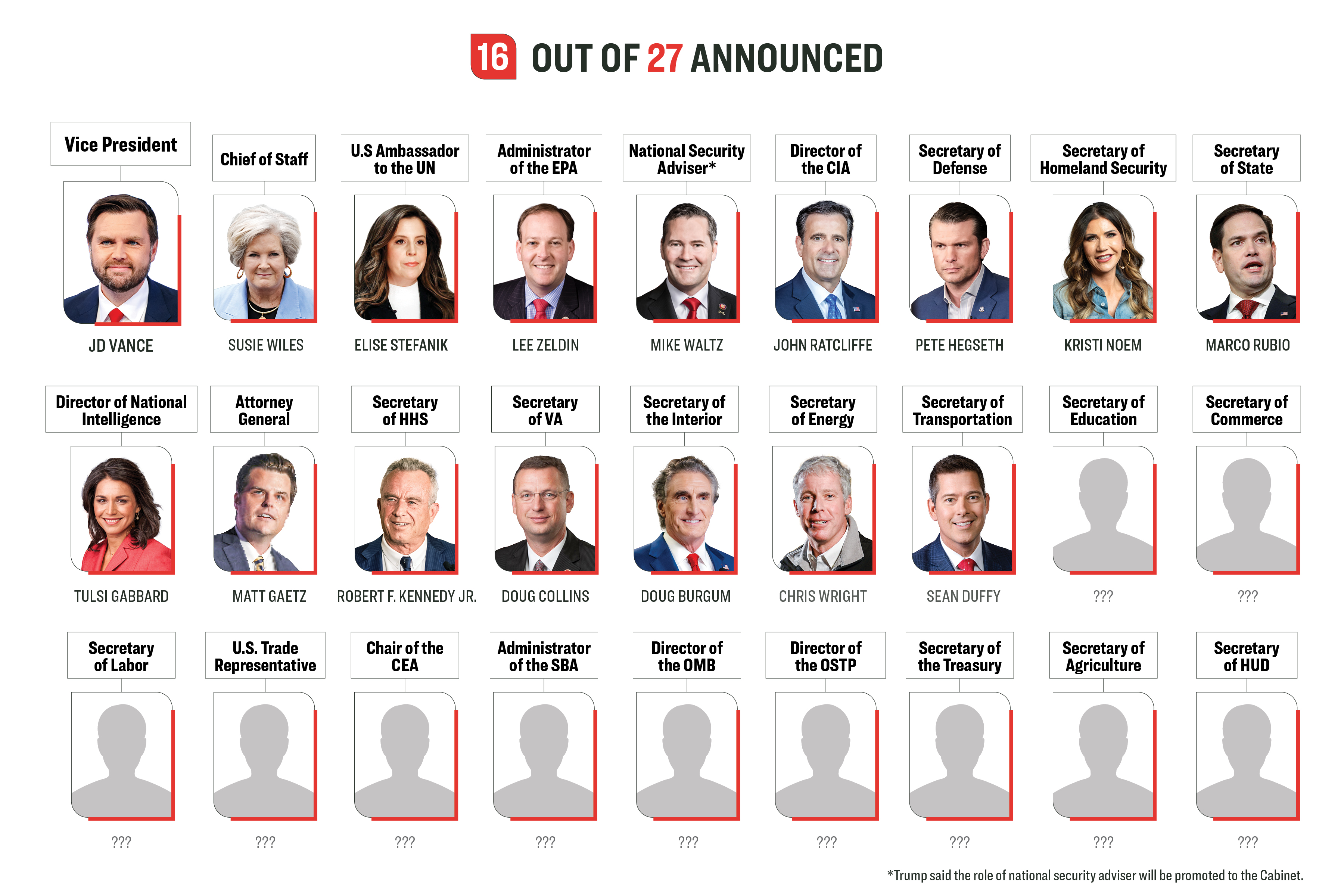The German Parliament reportedly passed a bill that downgrades possession of child pornography from a felony to a misdemeanor.
“The Legal Affairs Committee paved the way for a reduction in the minimum penalties for ‘dissemination, acquisition and possession of child pornographic content’. A bill introduced by the federal government (20/10540 ) passed the committee in an amended version with votes from the SPD, Alliance 90/The Greens and FDP as well as The Left against the votes from the CDU/CSU and with the AfD abstaining,” the Bundestag, Germany’s federal parliament, stated in a press release.
“Germany’s Parliament has officially voted to decriminalize the possession of child pornography. The move is being celebrated by a ‘pedophile rights’ activist group which has also called for the age of consent to be dropped to 12,”
REDUXX wrote.
From the Bundestag:
REDUXX reports:
A statement of opposition was released by the Christian Democratic Union (CDU) Christian Social Union of Bavaria (CSU). “The distribution, possession and acquisition of child pornography must, in principle, remain classified as crimes,” reads the declaration.
“Even if the increase in the penalty range in Section 184b of the Criminal Code in 2020 has led to practical problems in certain cases, a blanket reduction in the penalty range is the wrong solution. A change should be limited to the problem cases and solve them effectively. Scientific findings show that if the penalty framework shifts downwards, the penalties imposed in practice also tend to be lower.”
The rationale behind the downgrading of the crime to a misdemeanor included consideration for parents and teachers of children who download the content in order to inform law enforcement. “Such cases have occurred particularly frequently among parents and teachers of older children or young people who found child pornography on them and passed it on to other parents, teachers or the school management to inform them of the problem,” reads Article 1 of the bill.
The legislation continues: “A downgrade to a misdemeanor is also urgently required in order to be able to respond appropriately and with the necessary flexibility to the large proportion of juvenile offenders. Here, too, the perpetrators generally do not act in order to be sexually aroused by the child pornography content, but rather out of a drive typical of the adolescent stage of development, such as naivety, curiosity, thirst for adventure or the desire to impress.”
However, despite acknowledging such circumstances, the bill has not made certain exceptions, but rather downgrades possession of child pornography altogether – a fact that has not gone unnoticed by pro-pedophile campaigners.
Per Daily Caller:



No comments:
Post a Comment